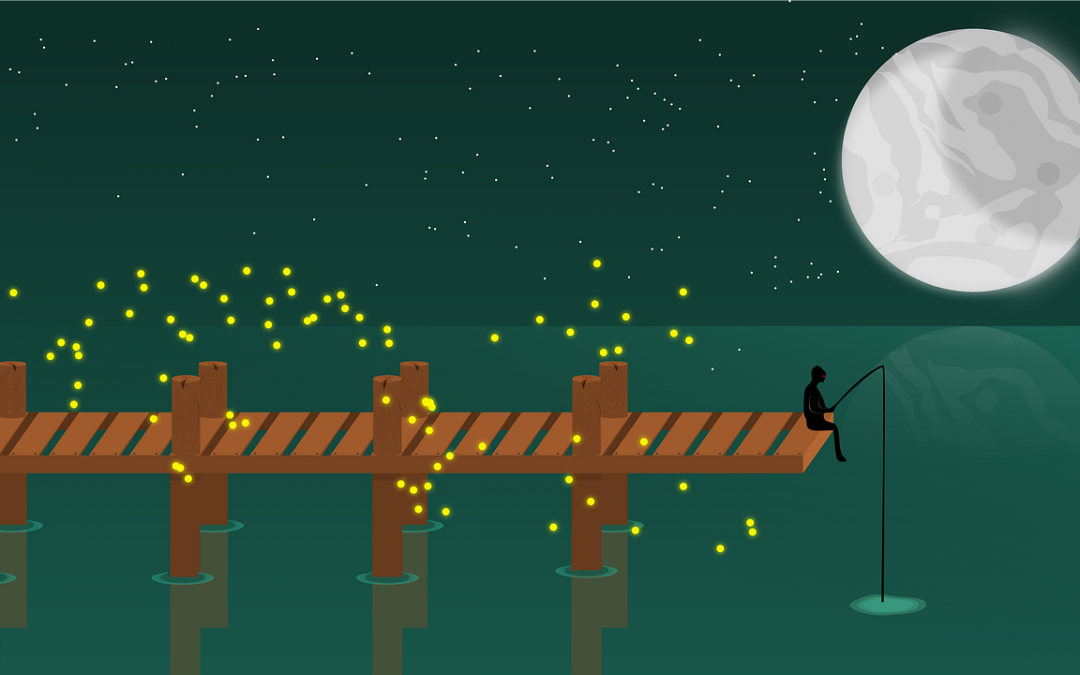The combination of ignorance, gullibility, imagination, and fantasy is a truly beautiful thing.
Before I go any farther than that first sentence, please allow me to explain something: There’s a distinction with a high degree of clearly discernible difference between ignorance and stupidity:
ignorance (noun) — the state or fact of being ignorant; lack of knowledge, learning, information, etc.
stupidity (noun) — the state, quality, or fact of being stupid.
As I interpret those definitions, there’s innocence in ignorance. If you don’t know what you don’t know, you can’t know any better. Stupidity, on the other hand, connotes a kind of willfulness, a knowing, and a disregarding of that knowing for reasons that may remain unexamined or undetermined.
Go Fish
This particular contemplation was prompted by an article I saw on CoventryLive, a website from the UK. The article — “Mystery as 60 peculiar cubes with inscriptions pulled from Coventry river” — recounted the story of a gentleman, Will, who’d taken his sons on an adventure of the imagination none of them had imagined … until:
A magnet fisherman out with his two young sons at a river in Coventry reeled in almost 60 mysterious cubes … [with] detailed inscriptions set onto the faces of the squares … At first, Will, 38, from Finham, thought the cubes were just random pieces of debris littering the bottom of the River Sowe in south Coventry.
Perhaps we should pause there, at the very least to examine the questions prompted by that recounting, as well as Will’s suppositions:
- Why would someone go fishing for magnets?
- Is a license required to fish for magnets?
- What does one use for bait in magnet fishing?
- If Will and his sons had caught any magnets, would they have been required to throw them back?
- If not, does one filet and pan-fry magnets?
- How could Will have supposed that almost 60 cubes, each of which bore detailed inscriptions, be random pieces of debris?
- Would the notion of that kind of uniformity among 60 random pieces of debris have terrified Will or given him senses of peace and wonder at the consistency of cosmic order?
Setting Will aside for a moment, why didn’t Josh Layton, the reporter who wrote the story, ask Will any of those questions? Perhaps it’s time to add curiosity to the list of dying arts that now includes empiricism, common sense, and personal responsibility.
The One That Got Away
As the saying goes, “The truth will out.” And so it is. According to the intrepid Will:
“What I learned is that they are Indian in origin and they show incantations for prayers which take effect when they are thrown in running water.”
If you’re anything like me, you hope the people who threw those cubes into the River Sowe had prayed someone just like Will would go fishing for magnets, find the cubes, and be drawn to such fanciful speculation.
I envy Will the innocent ignorance and gullibility that enabled his imagination and his capacity for fantasy to conjure an accident of such coherent cosmic accord.
We all should be open to such magnetic attraction.

